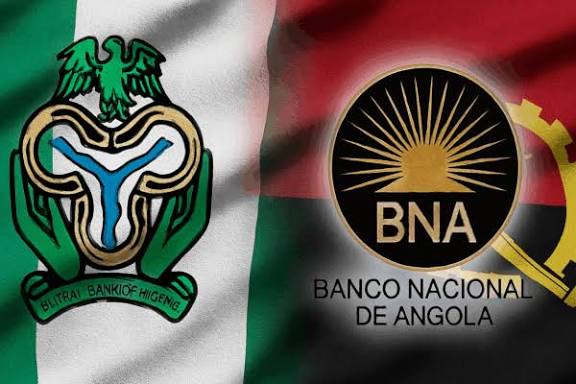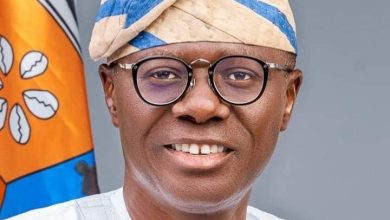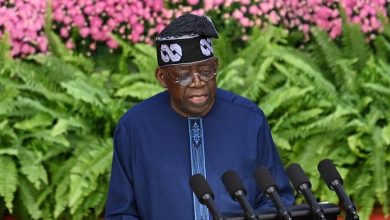CBN, Bank of Angola sign MoU to deepen central banking cooperation

The Central Bank of Nigeria (CBN) and the Bank of Angola have signed a Memorandum of Understanding (MoU) aimed at strengthening bilateral relations and enhancing institutional capacity in central banking operations.
The agreement was formalised on Thursday in Washington D.C., on the sidelines of the ongoing Annual Meetings of the International Monetary Fund (IMF) and World Bank Group.
CBN Governor, Mr. Yemi Cardoso, and his Angolan counterpart, Mr. Manuel Antonio Tiago Diaz, signed the MoU in what both sides described as a landmark step in advancing financial cooperation between the two countries.
Cardoso described the timing and setting of the agreement as ideal, stating that it reflected the collaborative spirit of the global financial meetings.
“What we have done today reflects the very spirit of the annual and spring meetings of the World Bank Group,” he said.
He stressed that stronger cooperation among African central banks was essential for addressing shared economic challenges and fostering regional financial integration.
In his welcome remarks, CBN Deputy Governor (Economic Policy), Mr. Mohammed Abdullai, described the agreement as a milestone in the ongoing pursuit of strategic partnerships.
According to him, the MoU will establish a bilateral platform for reciprocal technical exchanges, facilitate cross-border supervision of financial institutions, and provide a framework for licensing and resolution planning.
Abdullai noted that the cooperation would cover key areas such as exchange control, foreign reserves and currency management, financial market development, payment systems among others.
He added that the partnership would also include staff training and the exchange of expertise.
“This agreement represents a structured effort to share knowledge, strengthen regulatory capacity, and improve the resilience of financial systems in both countries,” Abdullai said.
The MoU is expected to boost confidence in regulatory practices, enhance financial system stability, and deepen economic collaboration between Nigeria and Angola.



